
Kód: 04477880
Plotinus on Intellect
Autor Emilsson
Plotinus (205-269 AD) is considered the founder of Neoplatonism, the dominant philosophical movement of late antiquity, and a rich seam of current scholarly interest. Whilst Plotinus' influence on the subsequent philosophical trad ... celý popis
- Jazyk:
 Angličtina
Angličtina - Vazba: Pevná
- Počet stran: 242
Nakladatelství: Oxford University Press, 2007
- Více informací o knize

Mohlo by se vám také líbit
-
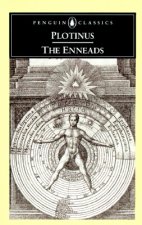
Enneads
384 Kč -

Migration and Health
2909 Kč -

Canada at the Polls, 1984
739 Kč -

Introduction to Clinical Neuropsychology
3523 Kč -

Pencak Silat
454 Kč -

Lystlognerens paradis
609 Kč
Dárkový poukaz: Radost zaručena
- Darujte poukaz v libovolné hodnotě a my se postaráme o zbytek.
- Poukaz se vztahuje na celou naši nabídku.
- Elektronický poukaz vytisknete z e-mailu a můžete ihned darovat.
- Platnost poukazu je 12 měsíců od data vystavení.
Více informací o knize Plotinus on Intellect
Nákupem získáte 366 bodů
 Anotace knihy
Anotace knihy
Plotinus (205-269 AD) is considered the founder of Neoplatonism, the dominant philosophical movement of late antiquity, and a rich seam of current scholarly interest. Whilst Plotinus' influence on the subsequent philosophical tradition was enormous, his ideas can also be seen as the culmination of some implicit trends in the Greek tradition from Parmenides, Plato, Aristotle, and the Stoics. Emilsson's in-depth study focuses on Plotinus' notion of Intellect, which comes second in his hierarchical model of reality, after the One, unknowable first cause of everything. As opposed to ordinary human discursive thinking, Intellect's thought is all-at-once, timeless, truthful and a direct intuition into 'things themselves'; it is presumably not even propositional. Emilsson discusses and explains this strong notion of non-discursive thought and explores Plotinus' insistence that this must be the primary form of thought. Plotinus' doctrine of Intellect raises a host of questions that Emilsson addresses. First, Intellect's thought is described as an attempt to grasp the One and at the same time as self-thought. How are these two claims related? How are they compatible? What lies in Plotinus' insistence that Intellect's thought is a thought of itself? Second, Plotinus gives two minimum requirements of thought: that it must involve a distinction between thinker and object of thought, and that the object itself must be varied. How are these two pluralist claims related? Third, what is the relation between Intellect as a thinker and Intellect as an object of thought? Plotinus' position here seems to amount to a form of idealism, and this is explored.
 Parametry knihy
Parametry knihy
Zařazení knihy Knihy v angličtině Humanities Philosophy History of Western philosophy
3662 Kč
- Plný název: Plotinus on Intellect
- Autor: Emilsson
- Jazyk:
 Angličtina
Angličtina - Vazba: Pevná
- Počet stran: 242
- EAN: 9780199281701
- ISBN: 019928170X
- ID: 04477880
- Nakladatelství: Oxford University Press
- Hmotnost: 510 g
- Rozměry: 240 × 160 × 20 mm
- Datum vydání: 15. February 2007
Oblíbené z jiného soudku
-

Meditations
239 Kč -

The Myth of Sisyphus
169 Kč -

Aphorisms on Love and Hate
84 Kč -
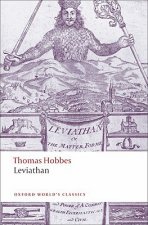
Leviathan
236 Kč -

Beyond Good and Evil
241 Kč -

Myth of Sisyphus
258 Kč -

Simulacra and Simulation
416 Kč -

Existentialism Is a Humanism
202 Kč -

The Symposium
233 Kč -

Nausea
258 Kč -

Nicomachean Ethics
136 Kč -

At The Existentialist Cafe
277 Kč -

Ride the Tiger
482 Kč -
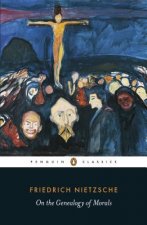
On the Genealogy of Morals
269 Kč -

Gay Science
316 Kč -
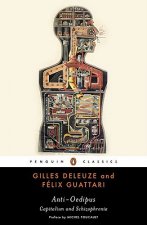
Anti-Oedipus
595 Kč -
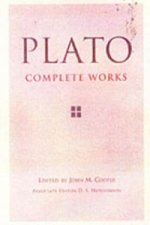
Plato: Complete Works
1903 Kč -

Thus Spoke Zarathustra
670 Kč -
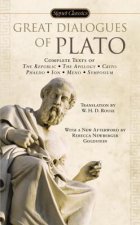
Great Dialogues Of Plato
146 Kč -
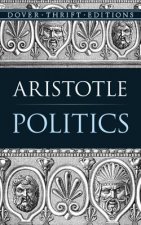
Politics
273 Kč -

Nietzsche: Human, All Too Human
1020 Kč -
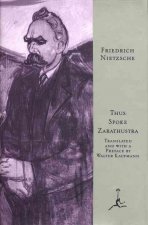
Thus Spoke Zarathustra
486 Kč -
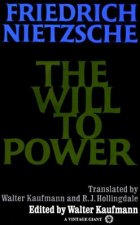
Will to Power
389 Kč -
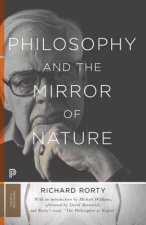
Philosophy and the Mirror of Nature
486 Kč -
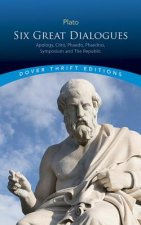
Six Great Dialogues
169 Kč -
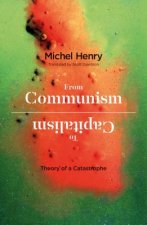
From Communism to Capitalism
1752 Kč -

Nietzsche: The Gay Science
589 Kč -

The Farther Reaches of Human Nature
410 Kč -

Meditations
502 Kč -

Why I Am so Clever
71 Kč -

Letters from a Stoic
258 Kč -

Meditations
386 Kč -

Either/Or
334 Kč -

Discourses and Selected Writings
288 Kč -

Thus Spoke Zarathustra
269 Kč -

Think
283 Kč -
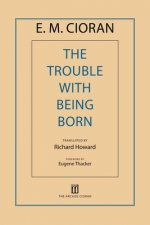
The Trouble With Being Born
298 Kč -

Spell of the Sensuous
343 Kč -

Twilight of the Idols with The Antichrist and Ecce Homo
136 Kč -
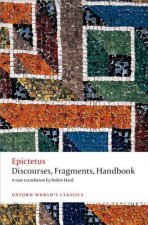
Discourses, Fragments, Handbook
283 Kč -
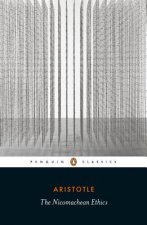
Nicomachean Ethics
288 Kč -
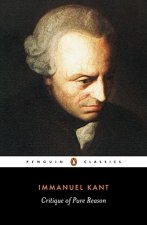
Critique of Pure Reason
444 Kč -

Socrates' Defence
84 Kč -

Ecce Homo
233 Kč -

Human, All Too Human & Beyond Good and Evil
131 Kč -
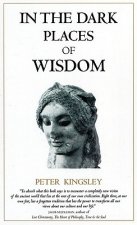
In the Dark Places of Wisdom
327 Kč -
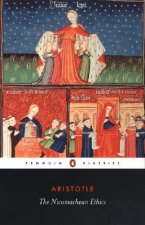
Nicomachean Ethics
283 Kč -

Works of Love
283 Kč -

On War
136 Kč
Osobní odběr Praha, Brno a 12903 dalších
Copyright ©2008-24 nejlevnejsi-knihy.cz Všechna práva vyhrazenaSoukromíCookies



 Vrácení do měsíce
Vrácení do měsíce 571 999 099 (8-15.30h)
571 999 099 (8-15.30h)